June 7, 2025 | 13:44 GMT +7
June 7, 2025 | 13:44 GMT +7
Hotline: 0913.378.918
June 7, 2025 | 13:44 GMT +7
Hotline: 0913.378.918
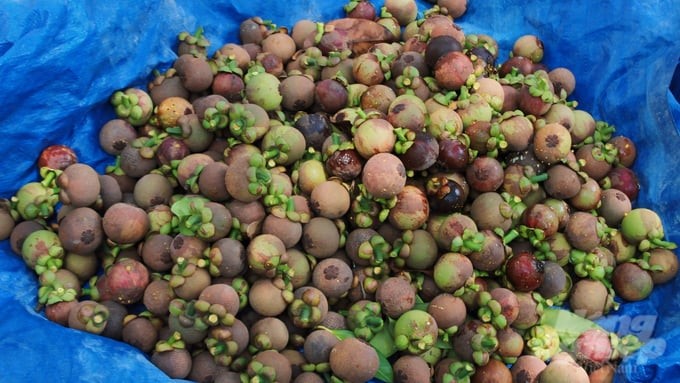
Currently, the price of type 1 ripe mangosteen ranges from VND 120,000 to 140,000/kg. Photo: Tran Phi.
Prolonged hot weather has affected the mangosteen harvest in Binh Duong, especially in the Lai Thieu area. Mangosteen output decreased sharply by 60–80% compared to previous years. Therefore, along the roads in the Lai Thieu territory, they are no longer filled with mangosteen as before.
Mr. Tran Van Vien, Director of An Son Agricultural Service Cooperative (An Son commune, Thuan An city), said that because the mangosteen growing area in Binh Duong and other provinces and cities is quite small, output will be seriously affected when encountering unfavorable weather.
In Thuan An, mangosteen growing area is mainly concentrated in Lai Thieu, An Son, Hung Dinh, and Binh Nham wards with about 600 hectares, accounting for more than half of the total orchard area of the entire city.
This crop's mangosteen output decreased by up to 80%. An Son Agricultural Service Cooperative has 21 hectares of mangosteen growing, harvesting about 30 tons/year to supply domestic and foreign markets. However, this year, output decreased sharply, causing a perfunctory harvest and an insufficient supply of mangosteen for markets and stores.
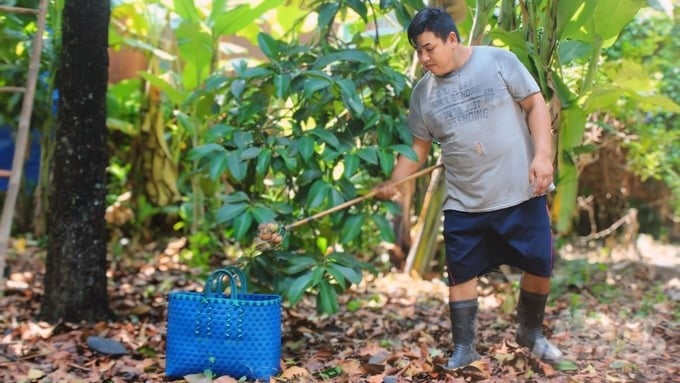
Lai Thieu mangosteen has a good price this year, but the crop has failed. Photo: Tran Phi.
Currently, the price of type 1 ripe mangosteen ranges from VND 120,000 to 140,000/kg. The "trend" of mangosteen chicken salad causes the demand and price of mangosteen to highly increase. Since the beginning of the crop, when some Lai Thieu mangosteen gardens were still young, the price of green mangosteen has been up to VND 90,000–120,000/kg. The price of green mangosteen of the unshelled type ranges from VND 90,000–100,000/kg, and the pre-peeled type ranges from VND 350,000–400,000/kg. However, in some places, prices may be much higher due to scarcity.
Mr. Dang Kim Quy, a mangosteen grower with over 15 years of experience in An Son commune, Thuan An city, shared that mangosteen trees usually bear fruit around Tet, or December on the lunar calendar, and are harvested from late April to May on the lunar calendar. But this year, prolonged hot sun has greatly affected fruit setting, causing many trees to lose young fruits.
Mr. Quy also said that many gardeners decide to sell green mangosteen early, right at the beginning of the crop, because when the fruit is ripe, the rate of damage is high and the price is not as high as green mangosteen. However, he does not encourage selling too much young mangosteen because it will affect the next crop's output.
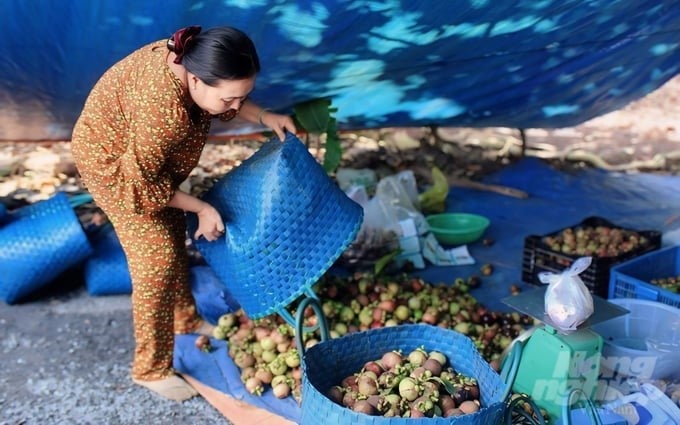
The functional agency encourages farmers not to sell too much young mangosteen because it will affect the next crop's output. Photo: Tran Phi.
Mangosteen growers recommend that Binh Duong province continue to implement support policies such as Decision 63 to safely maintain the area of specialty fruit gardens. It is expected that the Lai Thieu Ripe Fruit Season Festival 2024 will be held from June 8–15 (from May 3–7 on the lunar calendar) in Hung Dinh ward, Thuan An city.
"Currently, farmers are still trying to take care of the gardens. But this year's festival will probably not be as fun as last year due to crop failure and reduced productivity," Mr. Quy said.
According to the Binh Duong Department of Agriculture and Rural Development, urban agriculture in South Binh Duong, including the area of specialty fruit trees in Thuan An city, is facing a lot of pressure.

Mangosteen growers recommend that Binh Duong province continue to implement support policies to safely maintain the area of specialty fruit gardens. Photo: Tran Phi.
In 2016, the Binh Duong Provincial People's Committee issued Decision No. 3265 approving the "Project to develop urban agriculture in the Southern region of Binh Duong province for the 2016–2020 period." Binh Duong has supported nearly VND 50 billion through support policies to preserve and develop specialty fruit gardens in Binh Duong province for the 2007–2021 period. However, some goals of the project, such as developing fruit tree areas combined with developing ecotourism, have been implemented slowly and did not meet the set goals.
The reason is that many industrial establishments, urban areas, and residential areas are built interspersed with agricultural areas, causing agricultural production space to continuously decrease. In particular, the rapid rate of urbanization in some areas of Thuan An city reduces the area of fruit tree areas associated with ecotourism. Along with that, environmental pollution caused by industrial activities and urban living also has a significant impact on the quality of local farming.
Mr. Pham Van Bong, Director of the Binh Duong Department of Agriculture and Rural Development, said that, based on these results and limitations, the Department of Agriculture and Rural Development proposed to the Provincial People's Committee not to continue developing the "Project to develop urban agriculture in the Southern region of Binh Duong province" for the next period.
"The agricultural sector will base the plan to develop agricultural, forestry, and fishery sectors and products in the planning of Binh Duong province for the 2021–2030 period to develop plans and implement the integration of urban agricultural development with the sector's existing key programs and plans," Mr. Bong emphasized.
Translated by Thu Huyen
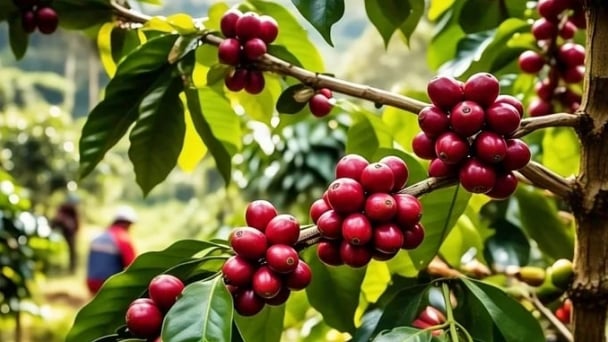
(VAN) Coffee prices on June 6, 2025, increased by VND 2,100, trading at VND 115,500 – 116,000/kg. Meanwhile, the global coffee market continues to rise sharply.

(VAN) Rubber prices on June 5, 2025, are increasing. Domestic latex prices in Vietnam have slightly decreased, currently trading around VND 397–425/TSC.
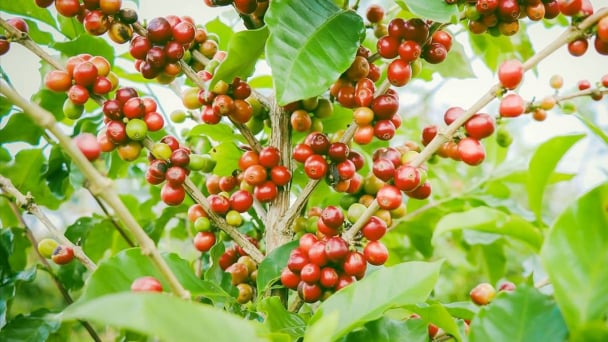
(VAN) Coffee prices on June 5, 2025, increased by VND 100 domestically, trading at VND 113,600 – 114,100/kg. Global coffee prices rose simultaneously.
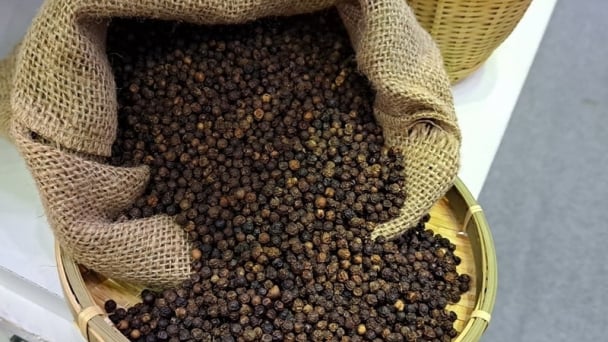
(VAN) Pepper prices on June 5, 2025, remained unchanged domestically at VND 144,000 – 146,000/kg. Global pepper prices experienced a significant decline.

(VAN) A survey released Friday suggested that 41.0% of large-scale rice farmers in Japan expect retail prices for rice harvested in 2026 to be lower than for rice harvested in 2025, while 22.9% foresee higher prices.

(VAN) In livestock production, maintaining strong gut health is vital to ensuring animals are able to resist challenges and able to recover quickly.
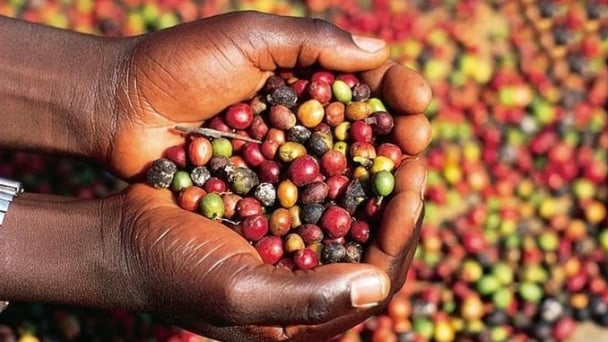
(VAN) Coffee prices on May 29, 2025, are fluctuating. The domestic coffee market declined, dropping by VND 2,200, trading at VND 119,700 – VND 120,000/kg.